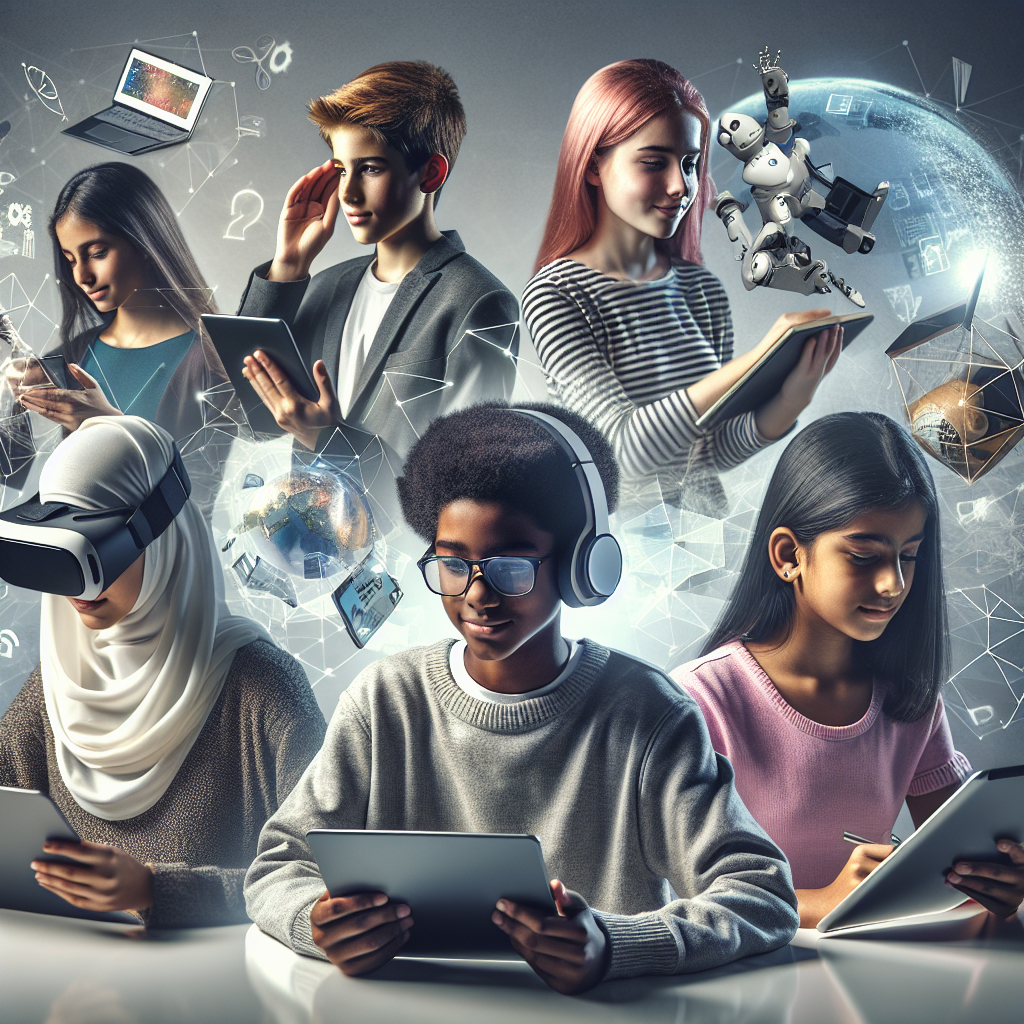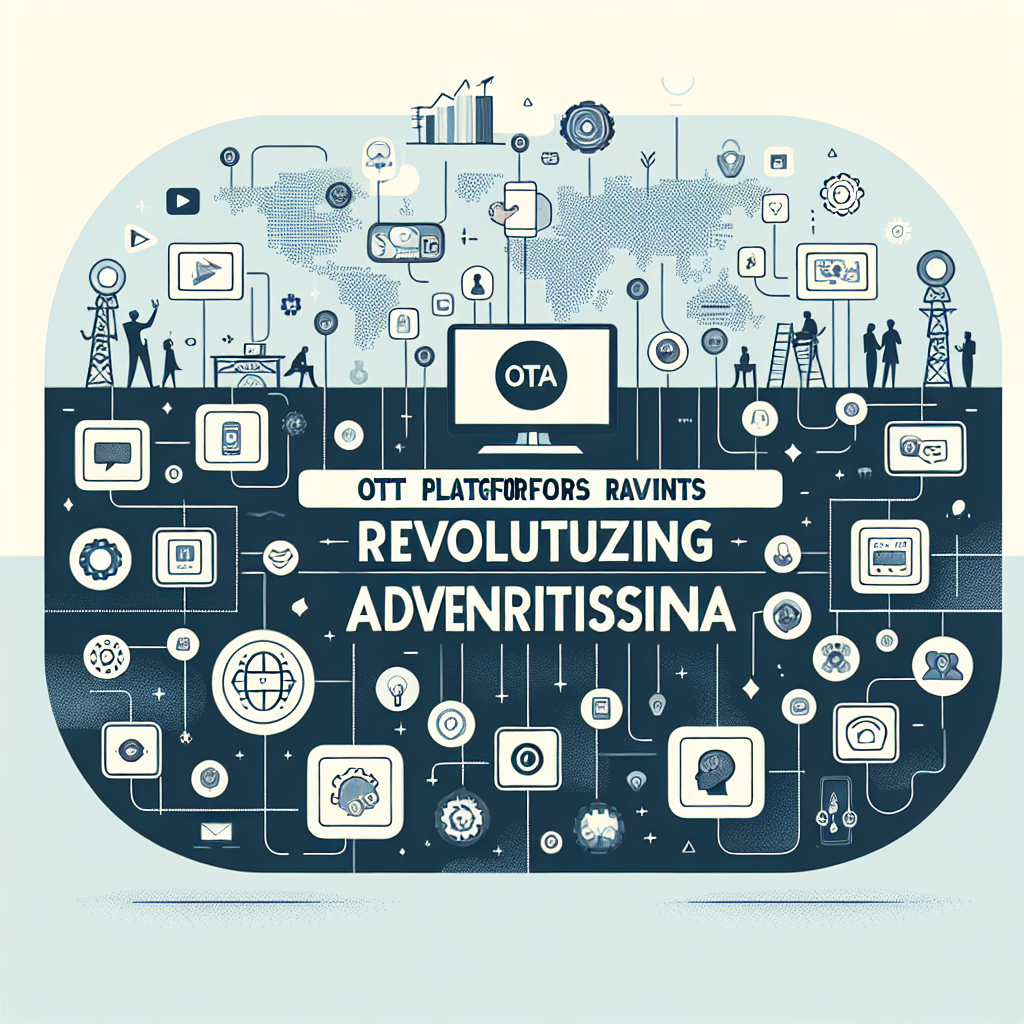How Gen Z Learns from Media: The Educational Revolution
Last month, I observed my colleague Sarah, a 24-year-old marketing strategist, troubleshooting a complex Excel formula during our team meeting. Instead of consulting traditional help documentation or asking a senior colleague, she instinctively pulled out her phone and searched for a TikTok tutorial. Within three minutes, she had found a 60-second video that perfectly explained the solution through a combination of screen recording, upbeat music, and concise narration. What struck me wasn't just the speed of her solution, but how naturally she turned to social media as her primary learning resource. This moment crystallized a fundamental shift in how an entire generation approaches knowledge acquisition and skill development.
Introduction: The Learning Paradigm Shift
Generation Z, born between 1997 and 2012, represents the first truly digital-native generation, fundamentally altering how educational content is consumed, processed, and retained. Unlike previous generations who relied on traditional educational institutions, textbooks, and formal training programs, Gen Z has created an entirely new learning ecosystem centered around social media platforms, bite-sized content, and peer-to-peer knowledge sharing.
Research from the Center for Digital Education indicates that 87% of Gen Z learners prefer video-based learning content, with 72% consuming educational material through social media platforms daily. This shift extends beyond casual learning to professional development, with 64% of Gen Z professionals reporting that they acquire job-relevant skills primarily through social media tutorials rather than formal training programs.
The implications for content creators, educators, and marketers are profound. Traditional educational marketing approaches, which relied heavily on credentialed expertise and formal presentation formats, are being displaced by authentic, accessible, and immediately applicable content formats that speak directly to Gen Z's learning preferences and consumption patterns.
1. The TikTok and YouTube Learning Revolution
Gen Z has transformed social media platforms into comprehensive learning environments, with TikTok and YouTube serving as primary educational resources. This shift represents more than platform preference; it reflects a fundamental change in how information is structured, delivered, and consumed.
TikTok's algorithm-driven discovery model enables users to encounter educational content organically, creating what researchers term "accidental learning" opportunities. The platform's 15-second to 10-minute format forces creators to distill complex concepts into immediately digestible segments, resulting in highly efficient knowledge transfer. YouTube complements this with longer-form content that allows for deeper exploration while maintaining the visual and engaging format Gen Z expects.
The pedagogical effectiveness of these platforms stems from their inherent interactivity and community-driven validation. Unlike traditional educational content, social media learning incorporates immediate feedback through comments, questions, and collaborative problem-solving. This creates a dynamic learning environment where knowledge is not just transmitted but actively constructed through community engagement.
Educational content creators who have successfully adapted to this model report engagement rates 340% higher than traditional e-learning platforms. The key differentiator lies in the authenticity and relatability of the content creators, who often position themselves as learning companions rather than authoritative instructors.
2. Mastering Infotainment Formats for Maximum Impact
The convergence of information and entertainment has created the infotainment format, which Gen Z has embraced as their preferred learning medium. This approach combines educational content with entertainment elements, making learning enjoyable, memorable, and shareable.
Successful infotainment formats include educational skits that dramatize real-world scenarios, explainer videos that use storytelling techniques to convey complex information, and visual content that transforms abstract concepts into concrete, memorable imagery. These formats leverage cognitive science principles, particularly the picture superiority effect and the entertainment factor in memory retention.
The most effective infotainment content follows a specific structural formula: hook within the first three seconds, problem identification, solution presentation through entertainment, and immediate application opportunity. This structure aligns with Gen Z's shortened attention spans while maximizing information retention through emotional engagement.
Visual storytelling has become particularly powerful, with infographic-style content, animated explanations, and real-time demonstrations consistently outperforming text-based educational materials. The integration of music, graphics, and narrative elements creates multi-sensory learning experiences that accommodate different learning styles within a single piece of content.
3. Strategic Content Planning Over Traditional Advertising
Gen Z's learning preferences have fundamentally shifted the content marketing landscape from product-focused advertising to value-driven content planning. This generation actively seeks out brands and creators who provide genuine educational value rather than promotional messages.
Content planning for Gen Z learning involves creating comprehensive educational ecosystems rather than isolated promotional pieces. Successful brands develop content series that build upon each other, creating learning pathways that guide users through increasingly complex concepts while subtly introducing products or services as natural solutions to identified problems.
The strategic approach involves understanding Gen Z's learning journey mapping, which typically includes awareness through social discovery, exploration through multiple content formats, validation through peer engagement, and application through hands-on practice. Each stage requires different content types and engagement strategies.
Forward-thinking organizations are investing in content creators who can serve as educational ambassadors, developing long-term relationships that provide consistent value to learning-focused audiences. This approach builds trust and authority while creating sustainable engagement that extends far beyond traditional advertising campaigns.
Case Study: Duolingo's Gen Z Learning Strategy
Duolingo exemplifies successful Gen Z learning engagement through its comprehensive social media educational strategy. The language learning platform transformed from a traditional app-based service to a social media learning phenomenon by adapting its content strategy to Gen Z preferences.
The company's TikTok presence features the mascot Duo in various educational skits that teach language concepts through humor and relatable scenarios. These videos consistently receive millions of views and thousands of comments from users sharing their learning experiences. The content seamlessly blends entertainment with education, making language learning feel accessible and fun rather than academic and intimidating.
Duolingo's success metrics demonstrate the effectiveness of this approach. Their TikTok account has generated over 6 million followers, with educational content driving a 67% increase in app downloads among Gen Z users. More importantly, users who discovered Duolingo through social media content showed 45% higher course completion rates compared to traditional advertising-acquired users.
The platform's strategy extends beyond content creation to community building, encouraging users to share their learning journeys, create response videos, and participate in educational challenges. This approach transforms individual learning into a social experience, leveraging Gen Z's preference for collaborative and community-driven education.
Conclusion: The Future of Educational Engagement
The transformation of how Gen Z learns from media represents a fundamental shift in educational engagement that will continue to evolve as this generation enters positions of influence in various industries. Understanding and adapting to these preferences is not just about reaching a demographic; it's about recognizing the emergence of new learning paradigms that prioritize accessibility, authenticity, and community engagement.
Organizations that successfully navigate this shift will create sustainable competitive advantages by building genuine educational relationships with their audiences. The future belongs to those who can seamlessly blend entertainment with education, creating content that serves immediate learning needs while building long-term brand loyalty through value provision.
Call to Action
For marketing professionals and content creators looking to engage Gen Z learners effectively, begin by auditing your current content strategy against Gen Z learning preferences. Develop content series that provide genuine educational value, invest in video-based learning formats, and create opportunities for community engagement around educational content. Consider partnering with Gen Z content creators who already understand these learning preferences and can authentically represent your brand's educational value proposition. The key is to shift from selling to teaching, from promoting to providing value, and from broadcasting to building learning communities.
Featured Blogs
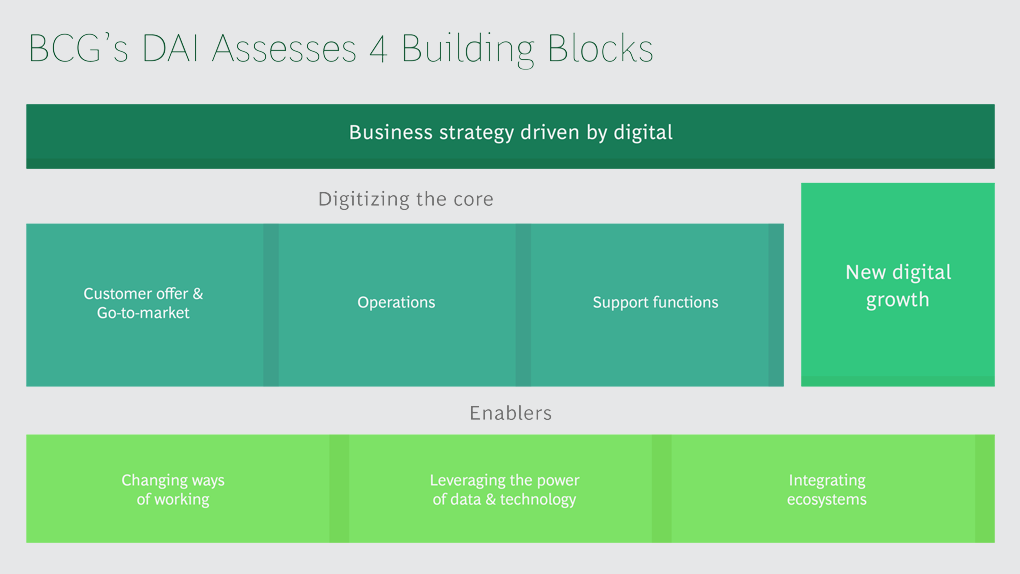
BCG Digital Acceleration Index
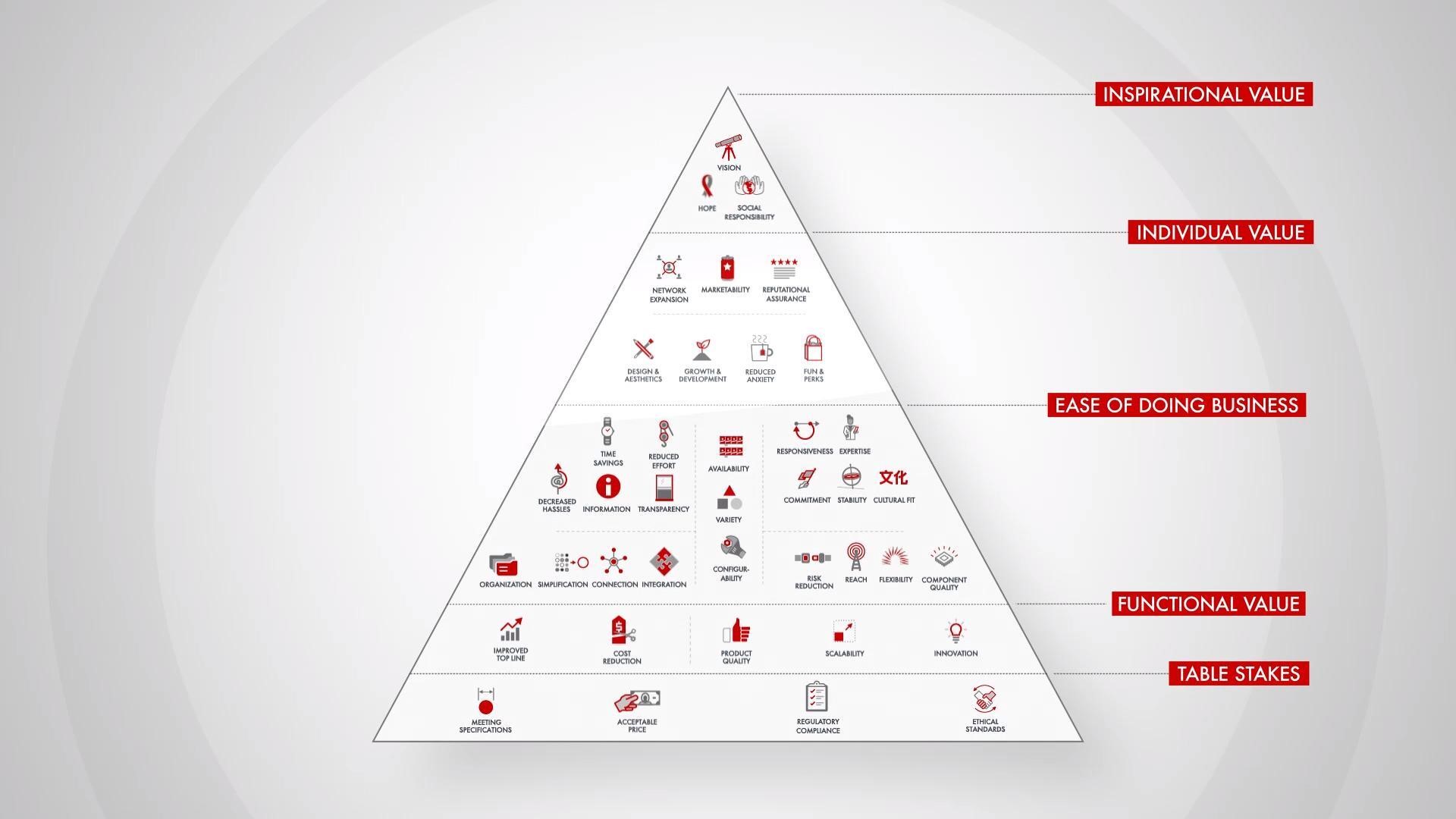
Bain’s Elements of Value Framework
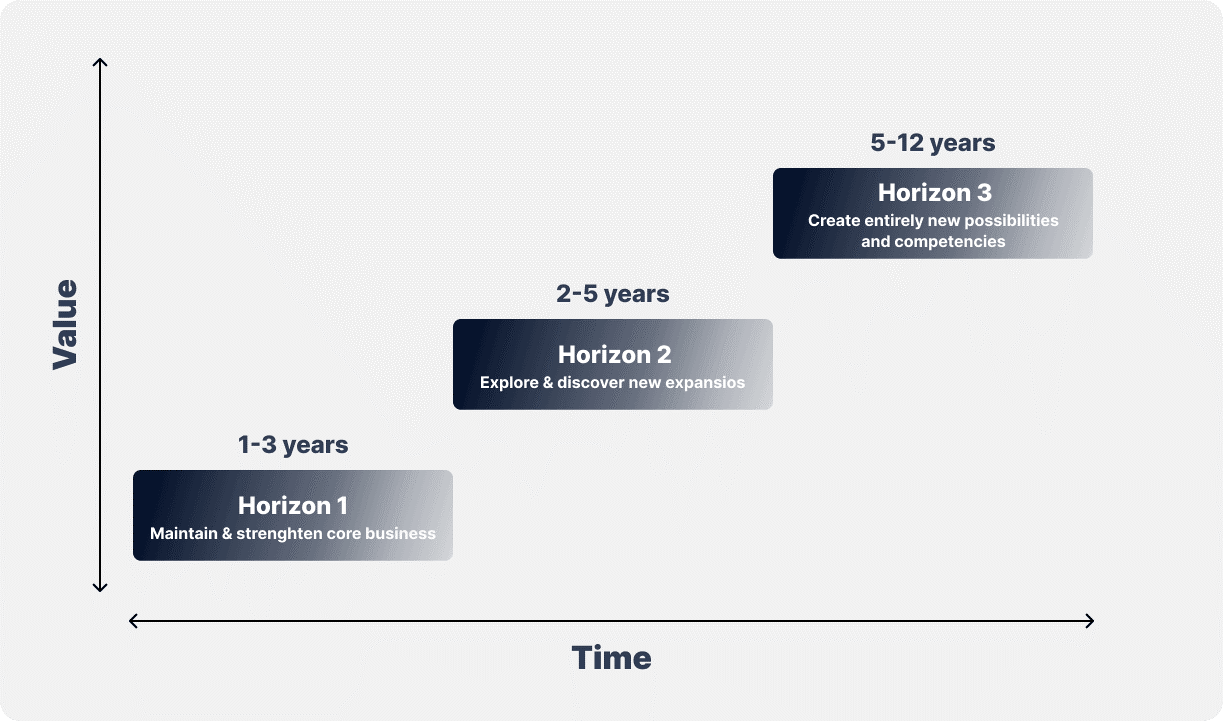
McKinsey Growth Pyramid
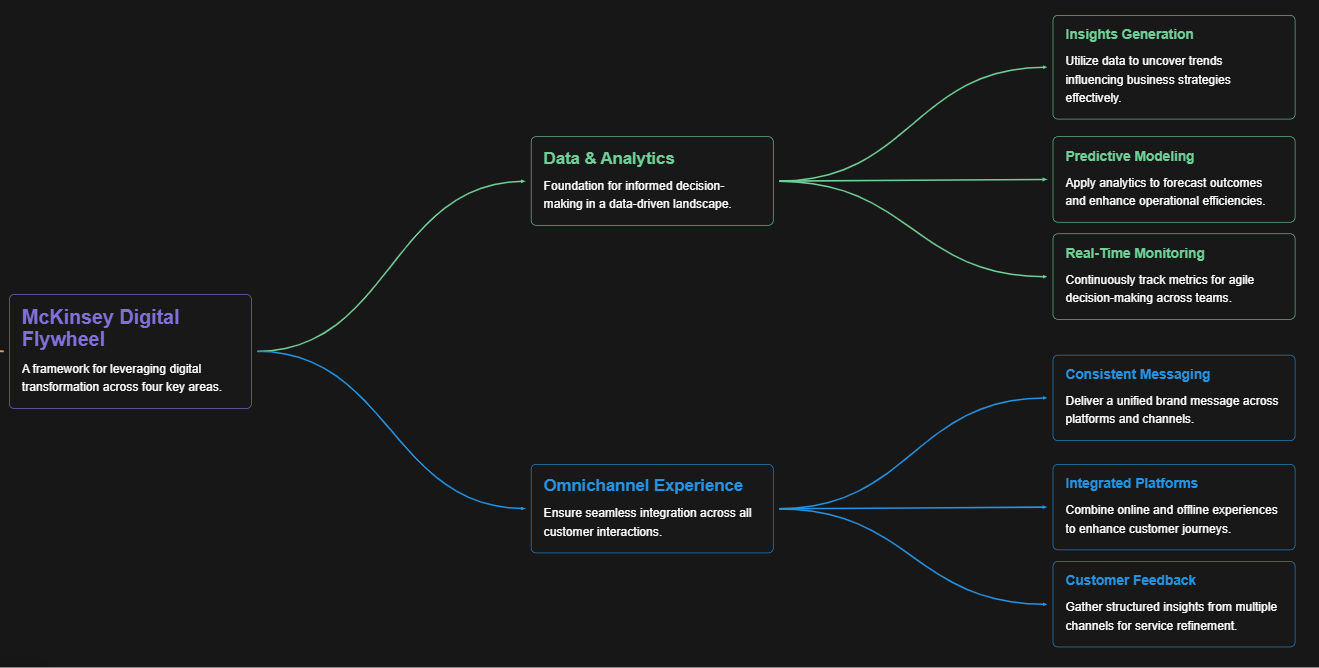
McKinsey Digital Flywheel
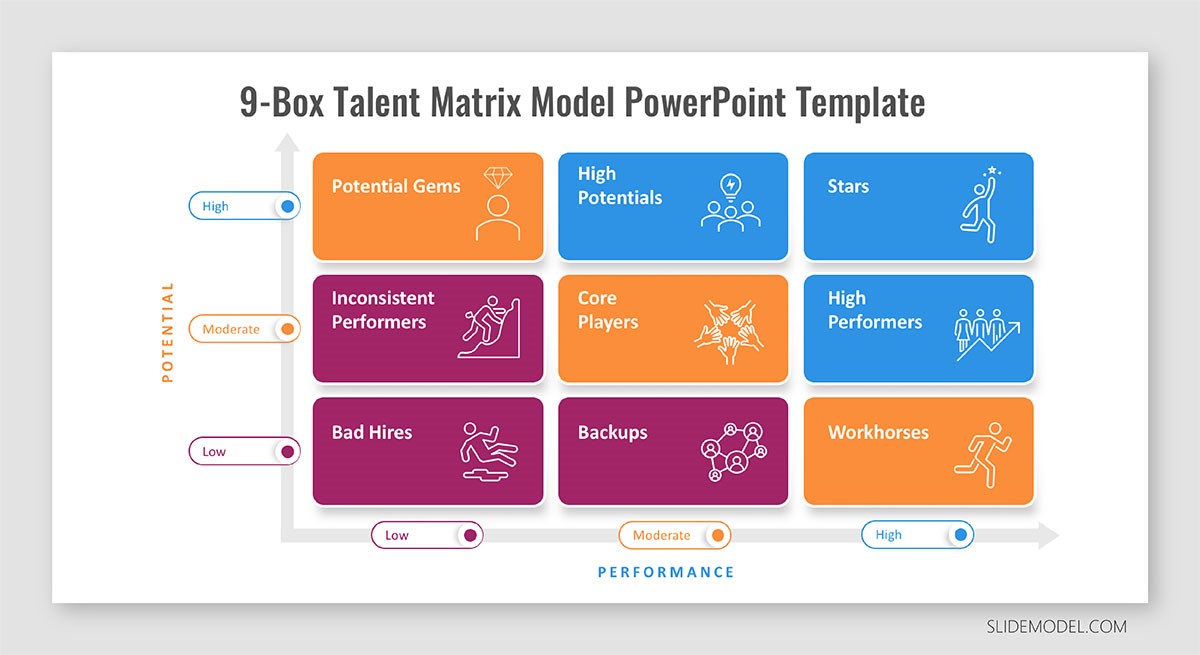
McKinsey 9-Box Talent Matrix
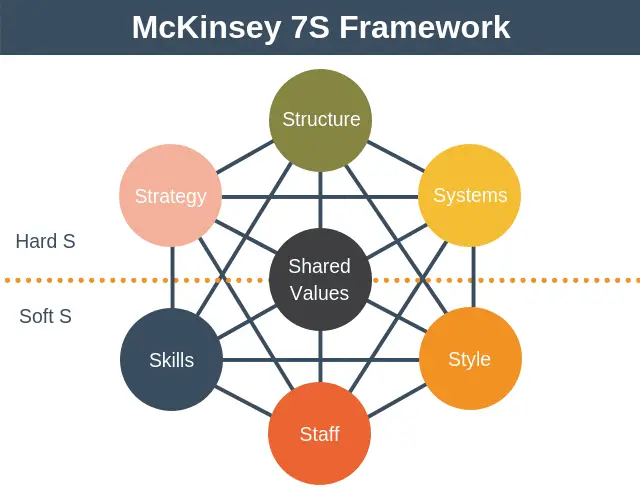
McKinsey 7S Framework
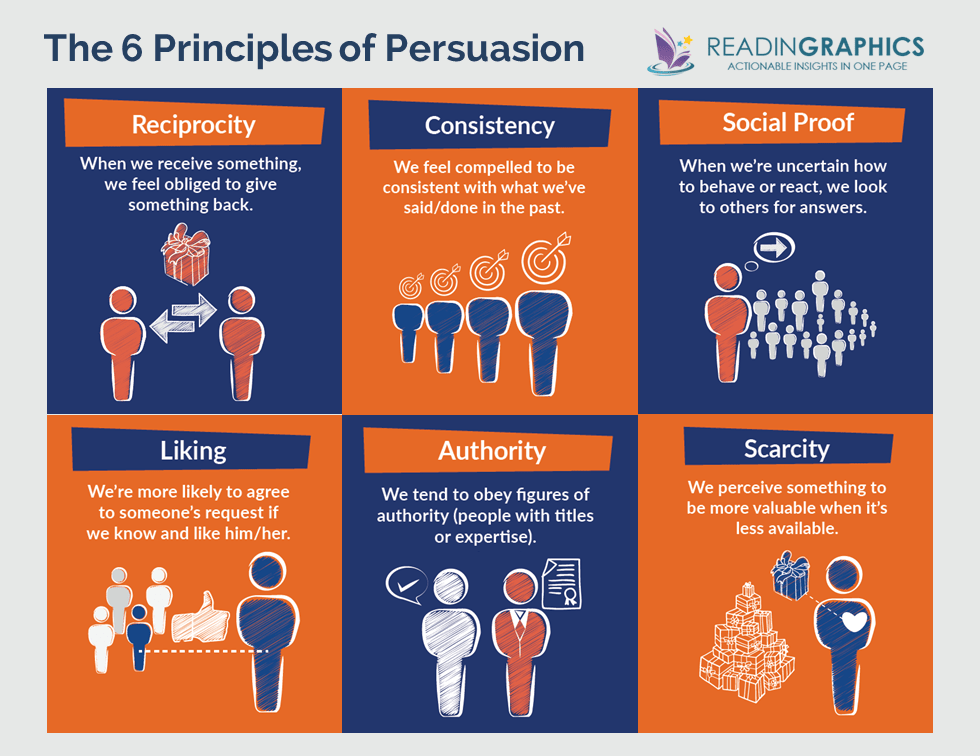
The Psychology of Persuasion in Marketing
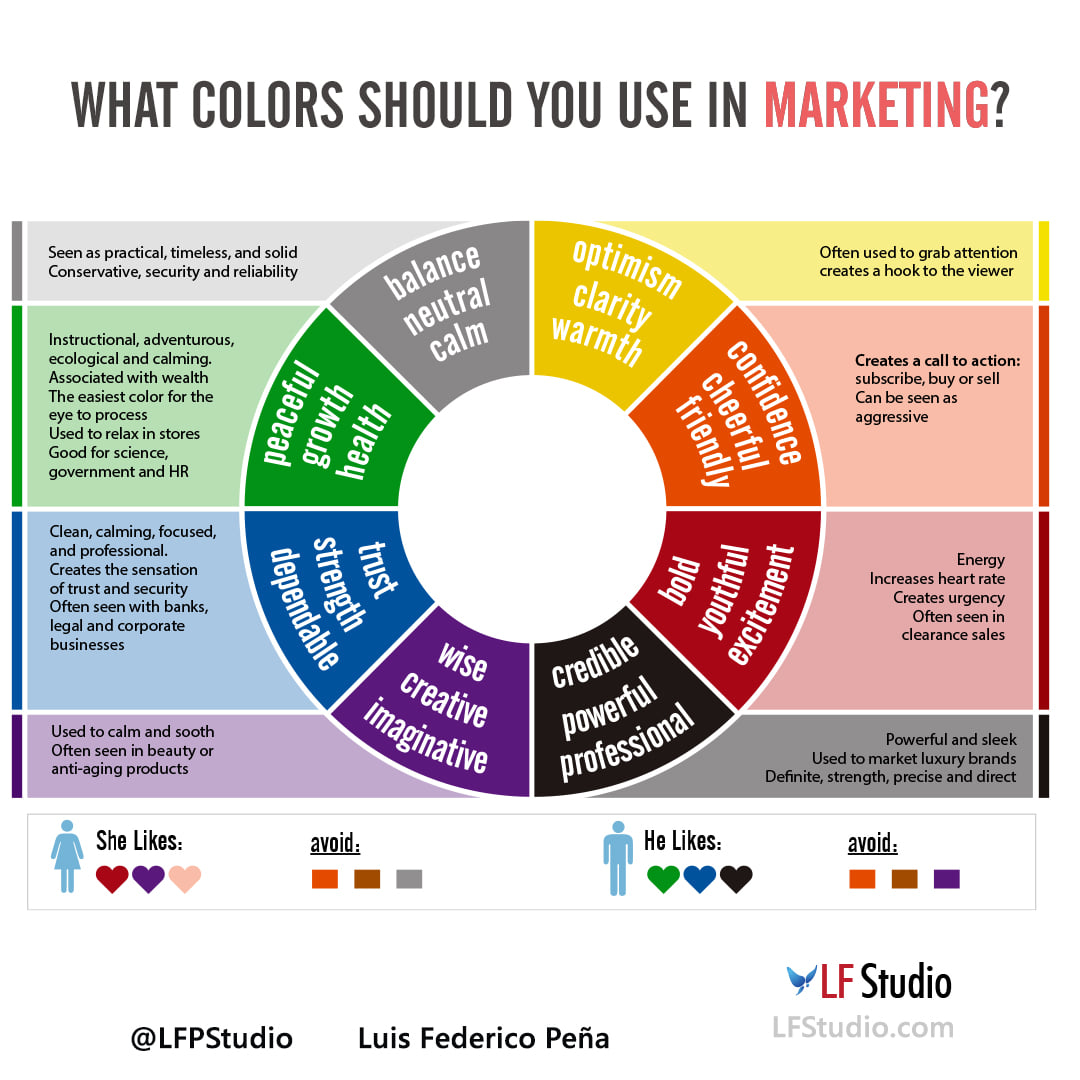
The Influence of Colors on Branding and Marketing Psychology


